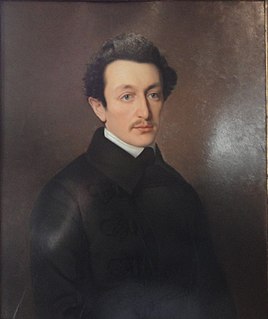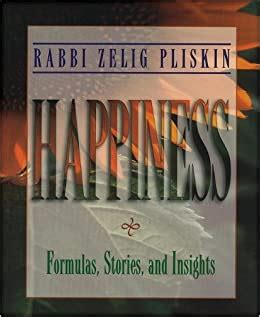A Quote by Henri Frederic Amiel
Time is the supreme illusion. It is but the inner prism by which we decompose being and life, the mode under which we perceive successively what is simultaneous in idea.
Related Quotes
What I believe is that people have many modes in which they can be. When we live in cities, the one we are in most of the time is the alert mode. The 'take control of things' mode, the 'be careful, watch out' mode, the 'speed' mode - the 'Red Bull' mode, actually. There's nothing wrong with it. It's all part of what we are.
Allah is in Himself the non-being and the being, the inexistent and the existent. He is at the same time that which we designate by absolute non-being and by absolute being; or by relative non-being and relative being. . . . All these designation come back to God alone, for there is nothing which we can perceive, know, write or say which is not Him.
How aware are we of our own inner life, our spirituality-something so intangible yet so priceless? How much effort do we make to perceive that which is not obvious, which can neither be seen nor heard? I believe the exploration and enrichment of the human spirit is what determines our very humanity. Such enrichment provides an inner compass that can lead civilizations to greatness.
One always, sooner or later, comes upon a city which is an image of one's inner cities. Fez is an image of my inner self. ... The layers of the city of Fez are like the layers and secrecies of the inner life. One needs a guide. ... There were in Fez, as in my life, streets which led nowhere, impasses which remained a mystery.
The main object of the novel is to represent life. . .The success of a work of art, to my mind, may be measured by the degree to which it produces a certain illusion; that illusion makes it appear to us for the time that we have lived another life - that we have had a miraculous enlargement of experience.
The focus of all life is its economy, the mode through which every living creature produces its material existence. I know no other criterion for the evaluation of social life except that of social economy. In society, just like anywhere else, the mode of production is the focus around which revolve all the modes of life: in the historical life of conscious beings, it is also the focus of all modes of consciousness.
Whatever plane our consciousness may be acting in, both we and the things belonging to that plane are, for the time being, our only realities. As we rise in the scale of development we perceive that during the stages through which we have passed we mistook shadows for realities, and the upward progress of the Ego is a series of progressive awakenings, each advance bringing with it the idea that now, at last, we have reached "reality"; but only when we shall have reached the absolute Consciousness, and blended our own with it, shall we be free from the delusions produced by Maya [illusion].
Think of all the years passed by in which you said to yourself "I'll do it tomorrow," and how the gods have again and again granted you periods of grace of which you have not availed yourself. It is time to realize that you are a member of the Universe, that you are born of Nature itself, and to know that a limit has been set to your time. Use every moment wisely, to perceive your inner refulgence, or 'twill be gone and nevermore within your reach.








































